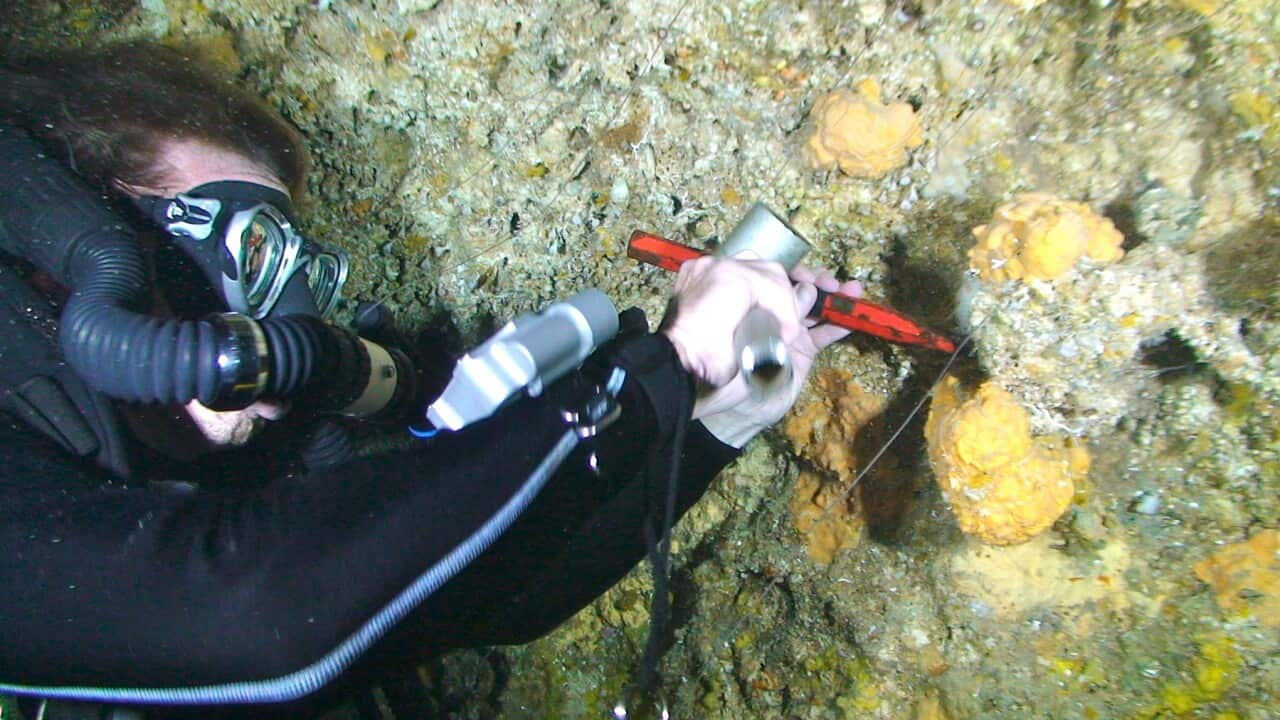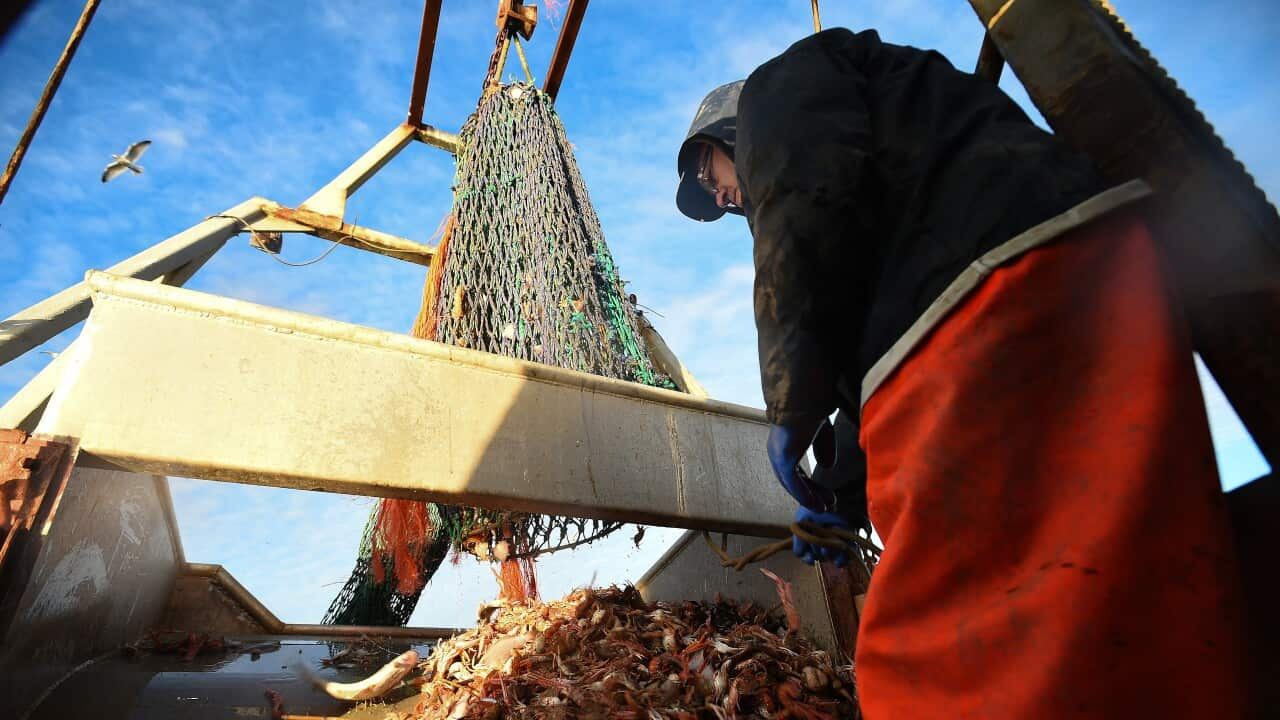Their findings come from an unusual source, a rare sea sponge that is hundreds of years old, a type of sea sponge found in the Caribbean Sea.
This species, which has a lifespan of about 300 to 400 years, changes the chemical composition of its skeleton with changes in temperature.
Because they live so long -- they grow in layers, continuously all the time -- we actually have a continuous record of change all the time. And for that matter, we're back to the 1700s.




